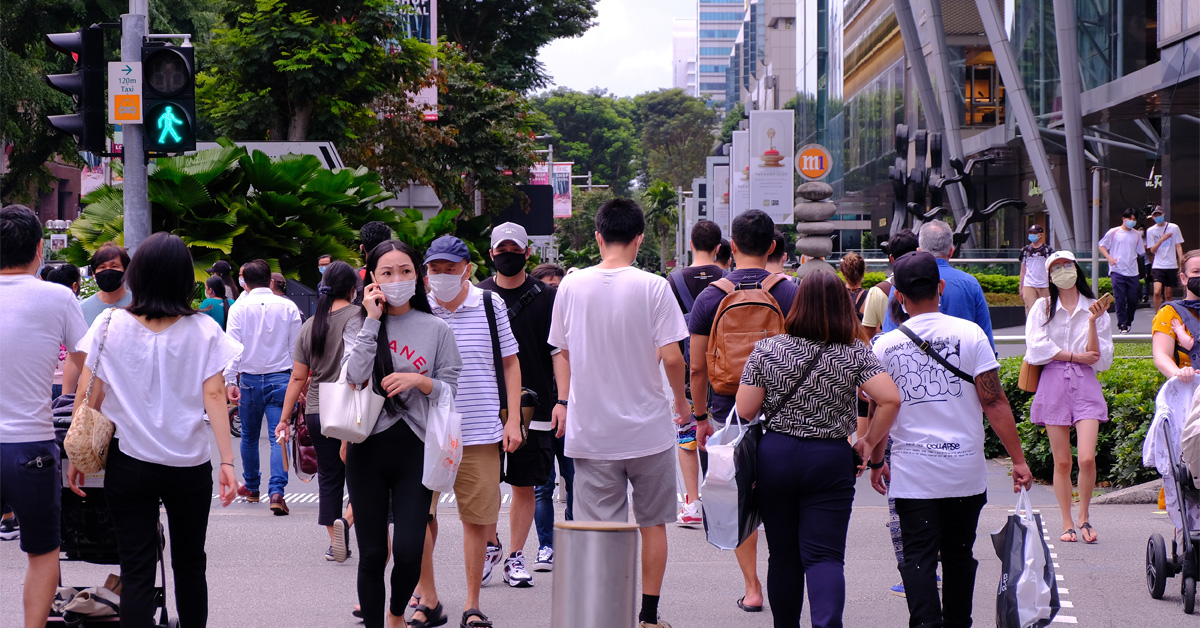Despite the fact that COVID-19 restrictions have been greatly relaxed over the past few weeks, there’s still plenty of reason for us to remain vigilant about the fight against COVID-19.
And while we’re on the topic of the COVID-19 situation in Singapore, here’s something else that you should know.
Just yesterday (15 May) night, the Ministry of Health (MOH) announced that it found two cases of the BA.4 variant and one case of the BA.5 variant in Singapore through active surveillance.
According to MOH’s statement, the individuals were confirmed to have the new variants of COVID-19 through whole-genome sequencing after they tested positive for COVID-19 via polymerase chain reaction (PCR) tests.
Thankfully, all three cases, who were fully vaccinated and had received their booster shots, were either asymptomatic or had mild symptoms, and were able to conduct self-isolation as none of them needed to be hospitalised.
In its statement, MOH also added, “We will step up local surveillance efforts and continue monitoring the spread of BA.4 and BA.5 in Singapore.
“While our society is now more resilient against the virus, everyone should continue to play their part and remain vigilant to mitigate the spread of Covid-19.”
MOH also emphasised the importance of keeping up to date with booster jabs and remaining alert in places where human traffic is dense, especially for individuals who are more likely to develop complications if infected.
History of BA.4 and BA.5
Earlier this year, BA.4 and BA.5 appeared in South Africa, and have since accounted for the majority of COVID-19 cases there, after the BA.1 and BA.2 strains initially dominated the number of cases.
The BA.1 and BA.2 strains, were the variants that triggered the initial Omicron outbreak in many countries, including Singapore.
MOH also revealed that the mutations in the spike protein found in the new variants render them better able to evade the immune system. This also makes the variants more easily transmitted between individuals.
Additionally, according to the European Centre for Disease Prevention and Control, BA.4 and BA.5 have been classified as variants of concern.
“However, emerging real-world evidence from other countries supports that BA.4 and BA.5 infections will likely give rise to similar clinical outcomes, compared to previous Omicron lineages.”
As of last Wednesday (11 May), the World Health Organisation (WHO) said that there are at least 1,000 cases of BA.4 and BA.5 reported in at least 16 countries.
Featured Image: kandl stock / Shutterstock.com



